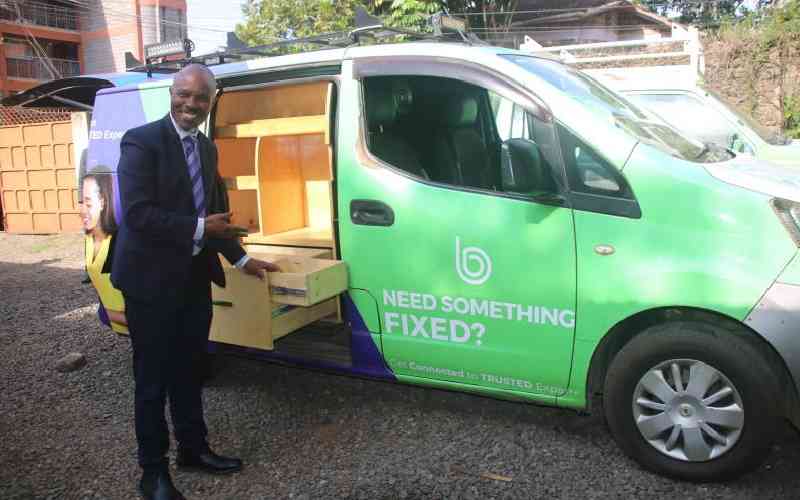×
The Standard e-Paper
Stay Informed, Even Offline

When Bingwa app finally launched on June 8, 2022, Njihia Njoroge let out a sigh of relief he had held in for years, throughout delayed launches.
A dream of having service providers and clients meet on a platform he calls “an area of convenience, reliability and empathy” had finally come to fruition after 12 years since he started his interior building (space planning, designing and building) company, Sahihi Interior Builders.